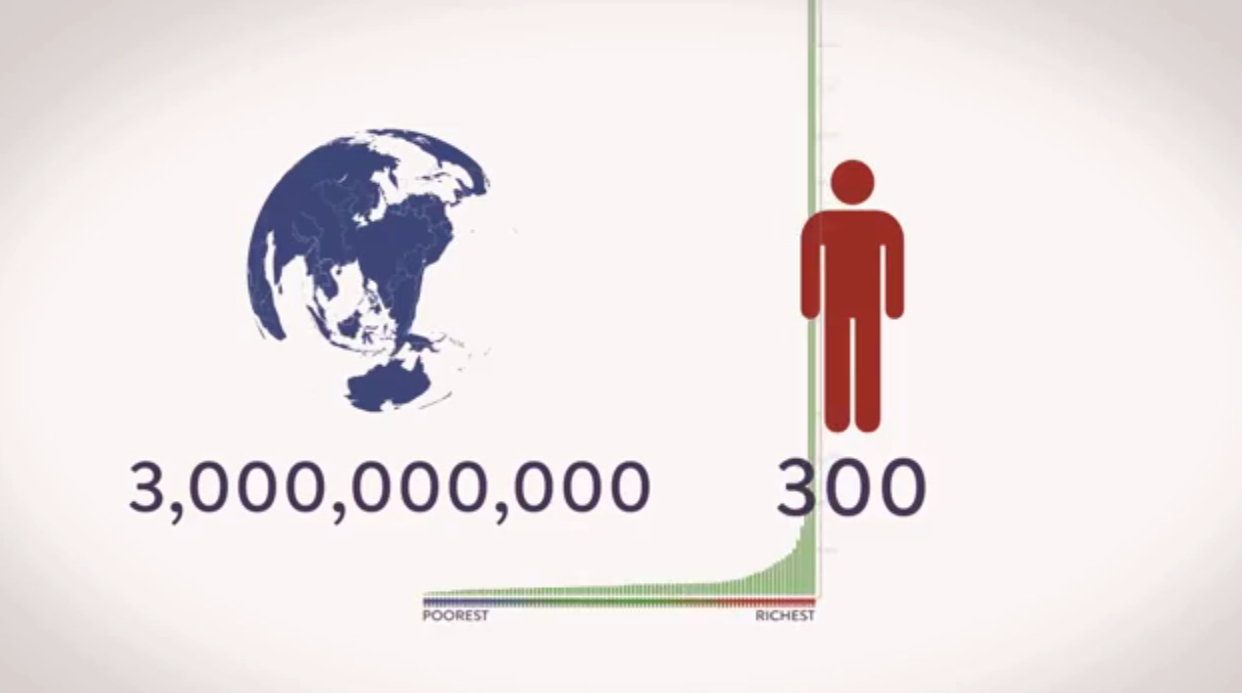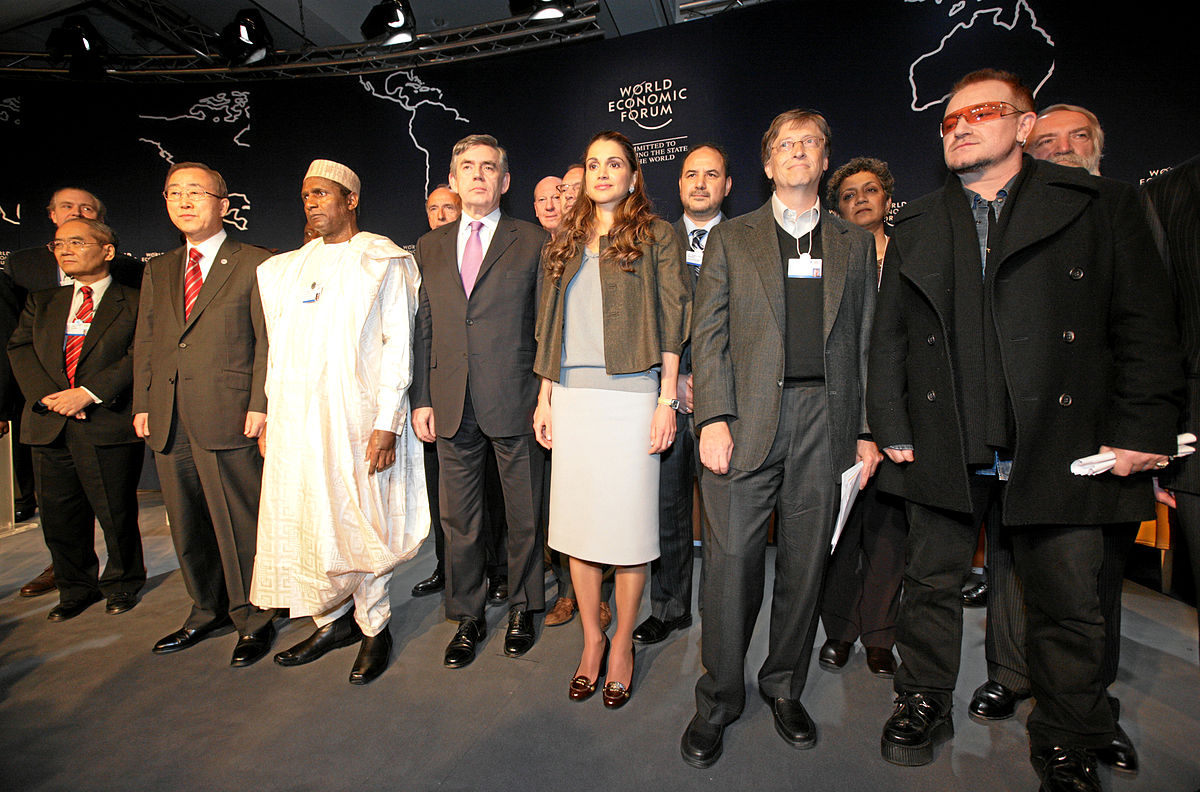Presentism is a modern stain. It is vehement in denying all explanations of now that go back in time, wanting to start anew with such passion that the past becomes trivial. Forgetting becomes less an explicit act and more an implicit elision brought about by massive distraction.
(The social forces that compel presentism are the same that animate the modern assault on understanding, restricting the scope of vigorous debate to a limited spectrum (Chomsky; note 1) creating the illusion of diversity.)
When we are robbed of the past, we have no choice but to project the image of the present onto the future (Galeano; note 2). The assault on imagination is terrifying. When our language is robbed of historical consciousness, the sensibilities brought into play are dystopic.
If language is fossil poetry (Emerson), then the poet should be all the more outraged by such an appropriation of expression. Dylan Thomas rages against the dying of the light. If we accept Kundera when he says, “the struggle of man against power is the struggle of memory against forgetting,” then Dylan’s rage is sterile unless the dying light is cast in the light of the ever alive past.
rage is the new normal; night is
an interpretation; flip open the
valves and let the ink bleed the
catchments dry for a new version
of night, a variation on history
rage is the new normal; the long
machinery of myth, the stench of
an older order, more primal than
the scream of the new version of
night, permutating with mutation
rage is the new normal; delights
in the rediscovery of the ultra-
mundane, the hodgepodge factotum
and mishmashed equilibria – this
is no more primal, no more night
rage is the new normal; the fist
that dares to open, to ask, want
to dare to ask, to stamp its bit
on the new version of night, the
variation on theme, an older one
Notes
1. “The smart way to keep people passive and obedient is to strictly limit the spectrum of acceptable opinion, but allow very lively debate within that spectrum.” Noam Chomsky, “The Common Good”
2. “Incapable of recalling its origins, the present paints the future as a repetition of itself; tomorrow is just another name for today.” Eduardo Galeano, “Upside Down”
Originally appeared on my WordPress blog.







Leave a Comment